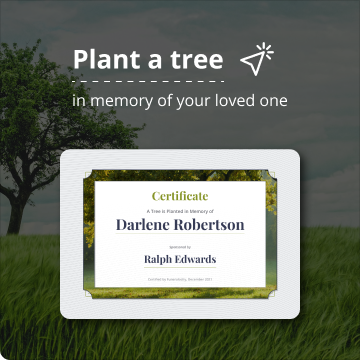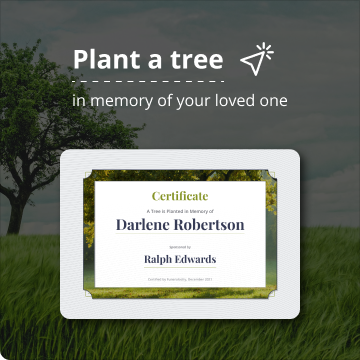
No one wants to think about dying, but the more you plan for such an event, the more you can help to ease the pain and suffering your loved ones will experience when you pass away. A “When I Die” folder is something that every person should have. Having this information organized and easily accessible can make the process of settling your affairs much easier for your loved ones during a difficult time.
Creating this folder and letting your executor know about it will help give everyone, including you, peace of mind that everything will be taken care of. So, what should you include in your “When I Die” folder? Let’s take a look.
Immediate Essentials
The first thing that should be included in your “When I Die” folder is your will. Your will is the important legal document that outlines how you want your assets to be distributed after you pass away.
Also, your folder should contain any estate planning documents
Funeral instructions should also be included in your “When I Die” folder. Your loved ones may not know what you would prefer regarding your funeral, so it’s helpful to include this in the folder.
This can include details about your funeral service, such as whether you want a traditional service or a more modern celebration of life. You can also include details about your final resting place, such as whether you want to be buried or cremated, and where you would like your ashes to be scattered or kept. And importantly if you have prepaid for your funeral, those documents should be in the folder.
You can also include how you want your death announced. Do you want there to be a traditional obituary? What about making an announcement on your social media accounts? Not all people stay in touch the same way as they used to, so sometimes a social media announcement is the best way to reach everyone that knew you.
Important Personal Records
Gather up all of your vital personal records. Such documents include your birth certificate, marriage certificate, and death certificates from predeceased family members. Also include your driver’s license and social security card.
Also, very importantly your folder should contain a listing of all your online accounts with username and password information.
Your folder should also contain a listing of your social media accounts and all your memberships in frequent flyer and frequent guest programs, gyms, yoga and pilates studios, country clubs and city clubs, as well as philanthropic boards on which you may serve.
Bills to Be Paid
Make a list of all household bills, including electricity, gas, water, trash, homeowners’ associations, home phone, cell phone, medical bills, credit card bills, streaming services and all subscriptions. If you access the accounts online, include the access information. Make a list of all credit cards in your name, even if there is no running balance.
Real Estate Documents and Home Details
Next, you’ll want to include documents about your home and any other real property you own, such as deeds, mortgages and property tax information. You should also include details about the properties and how to access them, such as addresses, keys, gate codes, garage door openers, etc.
Financial Accounts
Next, make a list of all the financial institutions you have accounts with and include any relevant information and documents. This includes the names of the institutions, the name on the account, the type of account it is (checking, savings, investment, retirement, etc.), the account number, and bank statements. If there are digital accounts, make sure you include login information or anything else that is relevant to access these accounts.
Also, make a list of any business that you own (all or part) and include copies of documents that detail the ownership rights, stock certificates, etc.
Insurance Policies
Include a list of all your insurance policies and information on how to access those accounts or copies of statements. This includes homeowners’ insurance, car insurance, life insurance, health insurance, etc.
Pet Information
If you have pets, don’t forget to include important information about them as well, such as feeding instructions, if they take any medications, and vet documents. Who you want to take ownership of your pet after you pass away should be in your will.
Final Thoughts
In addition to the legal and practical documents, you can also include more personal items in your “When I Die” folder. For example, you can write a letter to your loved ones, expressing your love and gratitude for them. You can also include a list of important contacts, such as family members, friends, and professionals (lawyer, financial advisor, insurance agent) that your loved ones may need to contact after you pass away.
It’s important to keep in mind that your “When I Die” folder should be kept in a safe place and shared with your executor and trusted others, so they know where it is located. You should also review your “When I Die” folder regularly to ensure that all the information is up to date.














